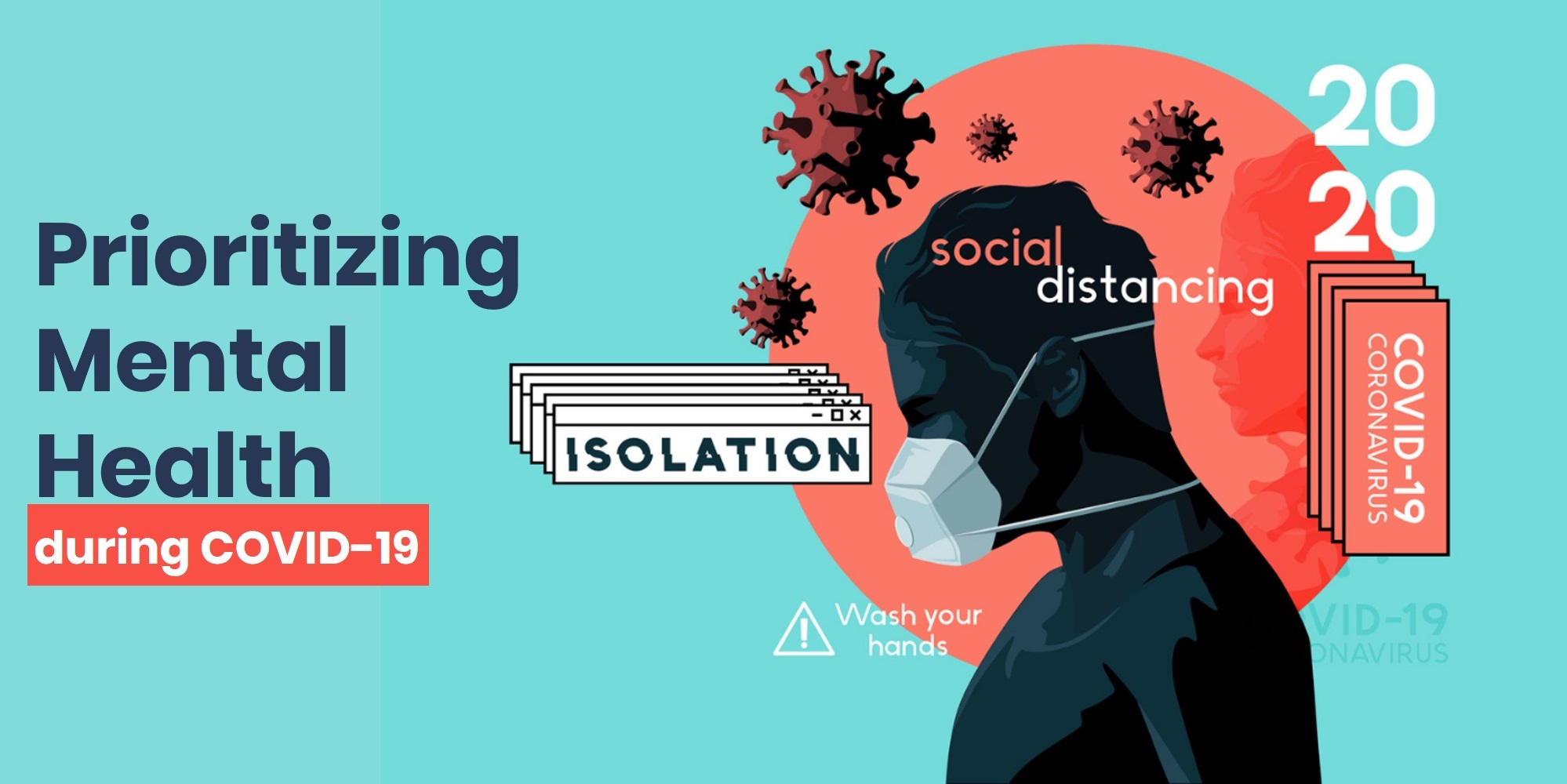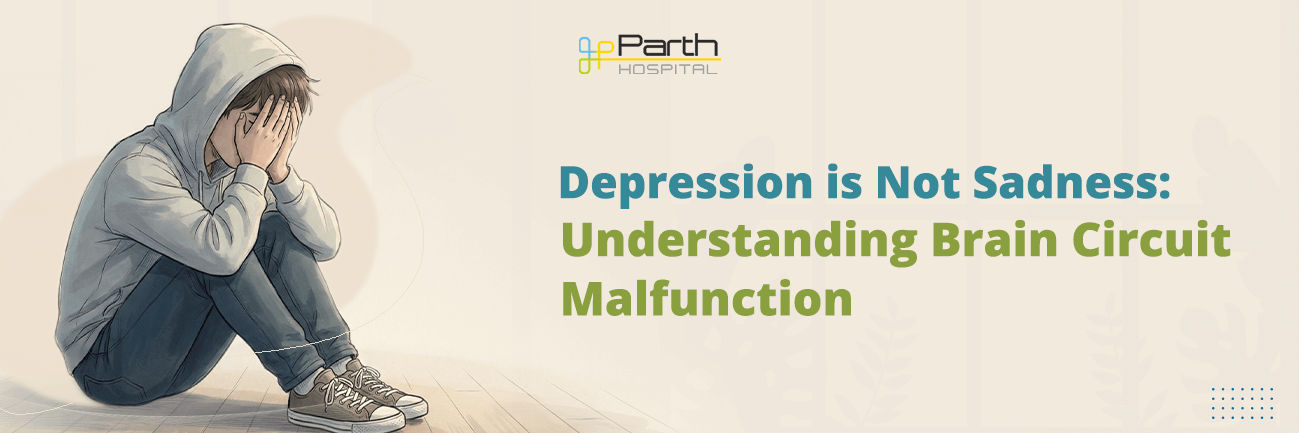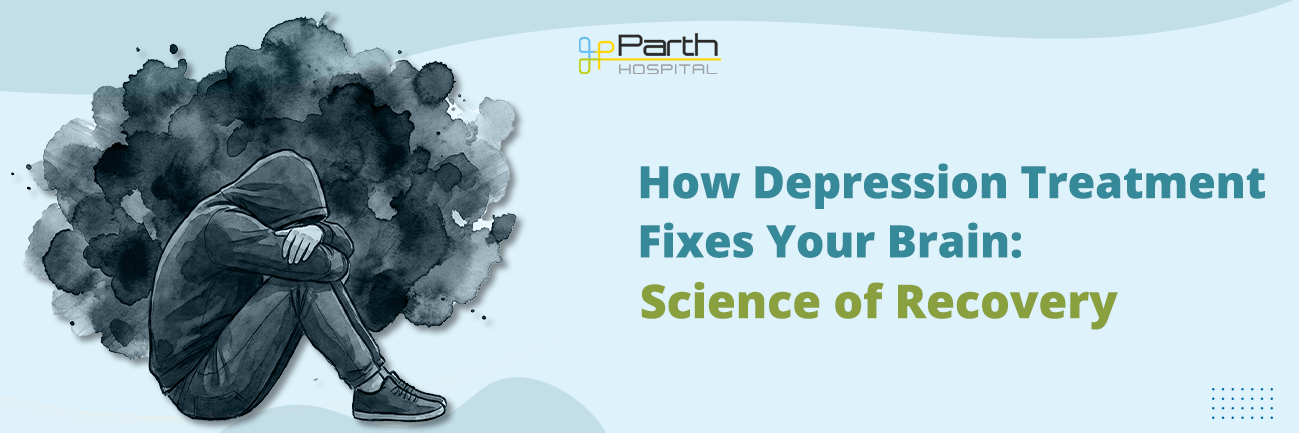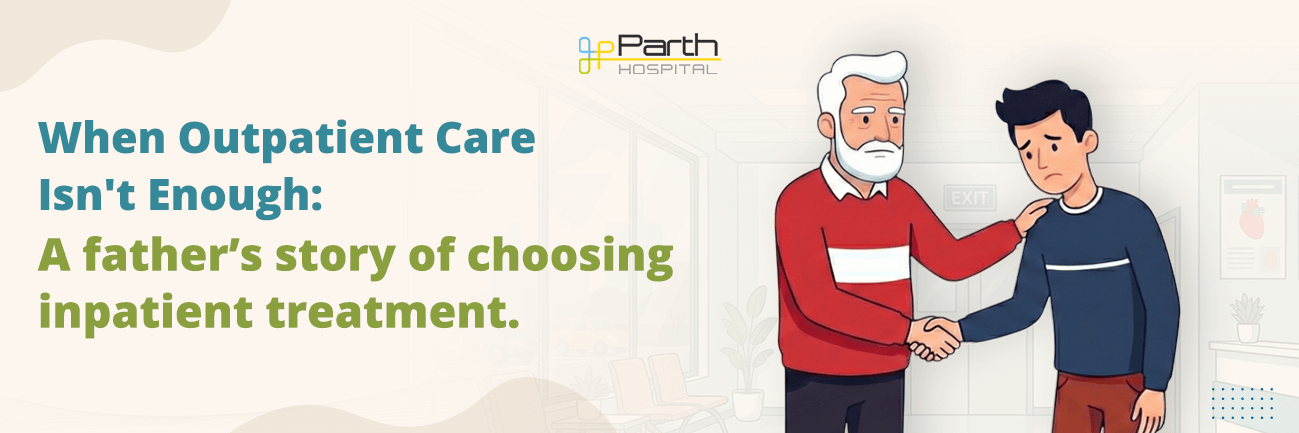The COVID-19 pandemic has had a major effect on our lives. It is common for everyone to experience an increased level of depression, stress and anxiety disorders. Maintaining social distancing and isolation are necessary to stop the spread of infections, but at the same time, they can make us feel lonely and stressed.
Nearly 20 per cent of COVID-19 patients developed a mental health issue — like depression, anxiety, or dementia — within 3 months of diagnosis, according to a new study.
In public mental health terms, the main psychological impact to date is elevated rates of stress or anxiety. But as new measures and impacts are introduced – especially quarantine and its effects on many people’s usual activities, routines or livelihoods – levels of loneliness, depression, harmful alcohol and drug use, and self-harm or suicidal behaviour are also expected to rise.
This can be dealt with by understanding the importance of mental health and learning the coping mechanism for stress and anxiety. Stress and anxiety can cause:
- Feelings of fear and anger
- Increased feelings of sadness and worry
- Difficulty in making decisions and concentrating
- Difficulty in sleeping
- Worsening mental health conditions
- Creating chronic health problems
- Addictions to tobacco, alcohol and other substances
Coping stress & anxiety in a healthy way
Take breaks from watching, reading, or listening to news stories, including those on social media, that create a panic situation. Disconnect for the ime being from all digital media.
Taking care of your body is another way of beating stress and anxiety. Eat healthy, exercise regularly, sleep plenty and avoid smoking or consuming alcohol.
Unwind yourself with activities you love doing. Try to do some other activities you enjoy.
Stay connected with your lobed ones. Talk with people you trust about your concerns and how you are feeling.
Helping others cope with stress & anxiety through phone calls or video chats can help you and your loved ones feel less lonely or isolated.
Bottom line…
If you are struggling to cope, there are many ways to get help. Seek help and call your psychiatrist or mental health care professional if stress gets in the way of your daily activities for several days in a row. During this health crisis, it is important that we look after our mental health and make it a priority.
Looking for a psychiatrist in Ahmedabad? Drop us a message or give us a call for an appointment.







